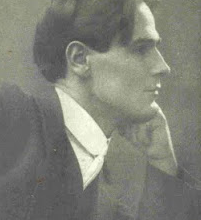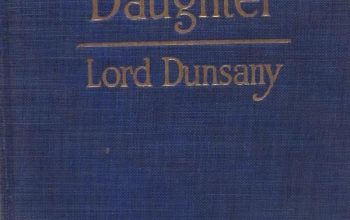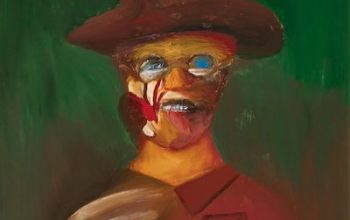Patent Medicines
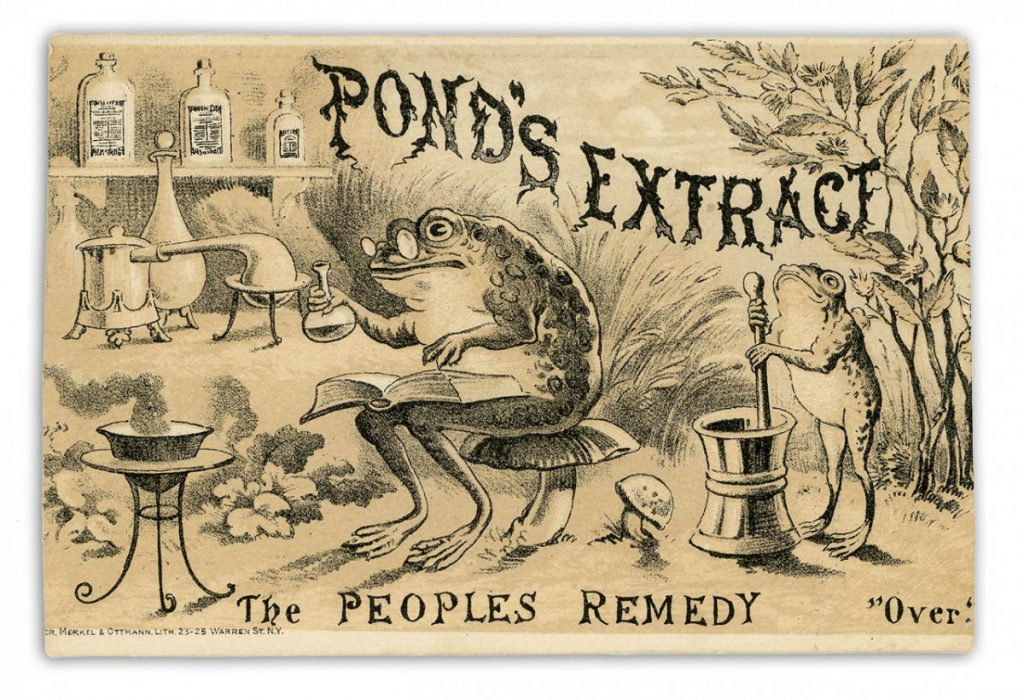
There is an expectation in this day and age that a medication should do something. You go to a doctor, the doctor gives you a very legal looking prescription which you take to the pharmacist and the pharmacist will give you something in a white box covered with a lot of tiny print and this will do something.
But… but if you’d rather something less formal, there are ‘health supplements’ — vitamins and pollen and plant extracts. And these do something too. Maybe. Something less rigorously tested and less controllable. But something. Probably. Some of the time.
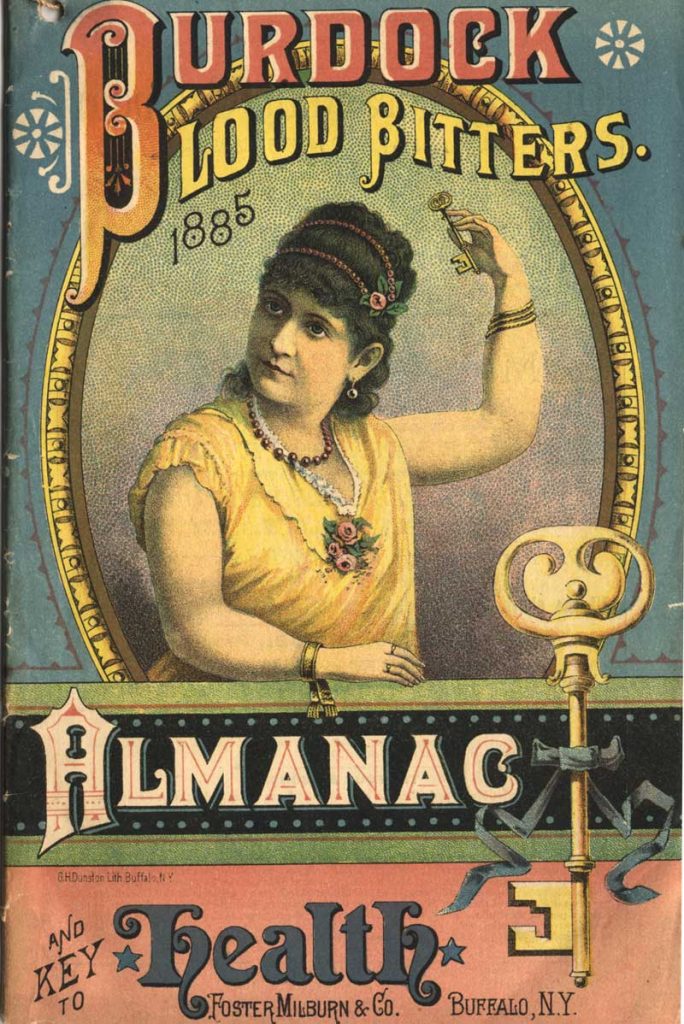
Beyond that, there are folk cures. Personally, I still love a garlic omelette when I have a bad cold, even though it almost certainly does nothing but taste nice.
These distinctions between thoroughly tested medicines, ‘health supplements’ and folk cures are a relatively recent thing. In the 19th Century, there was thriving market in quack remedies sold in very official looking bottles, available from mountebanks and pharmacists alike and sometimes even recommended by real doctors. Though the manufacturers of these nostrums didn’t always go to the bother of officially patenting their products, they were still often sold as ‘patent medicines.’
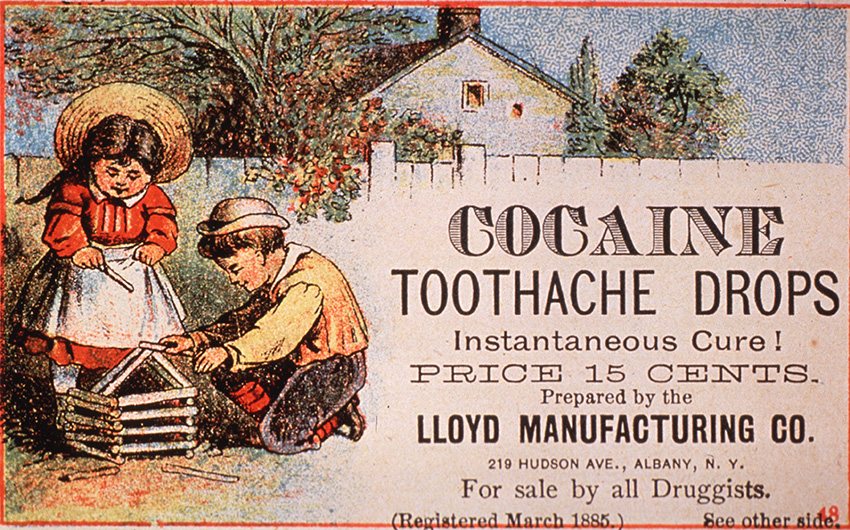
Patent medicines contained a mix of active ingredients (such as opium or mercury), flavourings (sugar, herbs) and filler material (water, alcohol, cod liver oil). Because some of these substances actually had some pharmaceutical effect, it’s by no means impossible that taking one might actually help you — provided you happened to get lucky enough to pick exactly the right medicine, and by some chance gave yourself the correct dose. Unfortunately, these products were sold indiscriminately, so I suspect that didn’t happen very often.
In earlier times in Europe, quack cures were sold by mountebanks at fairs. As scientific medicine (slowly!) became better established, these tonics were increasingly sold through pharmacies or through doctors to ensure their respectability. However, in North America some enterprising quacks extended their distribution by taking their nostrums out to the remote settler communities of the West. These were the famous traveling medicine shows, with their combination of carvanvalesque entertainers and colourful sales pitches. I strongly suspect that Western movies have romanticised these showmen. After all, morally they aren’t much different from modern sellers of fake medications through internet advertising or telemarketing.
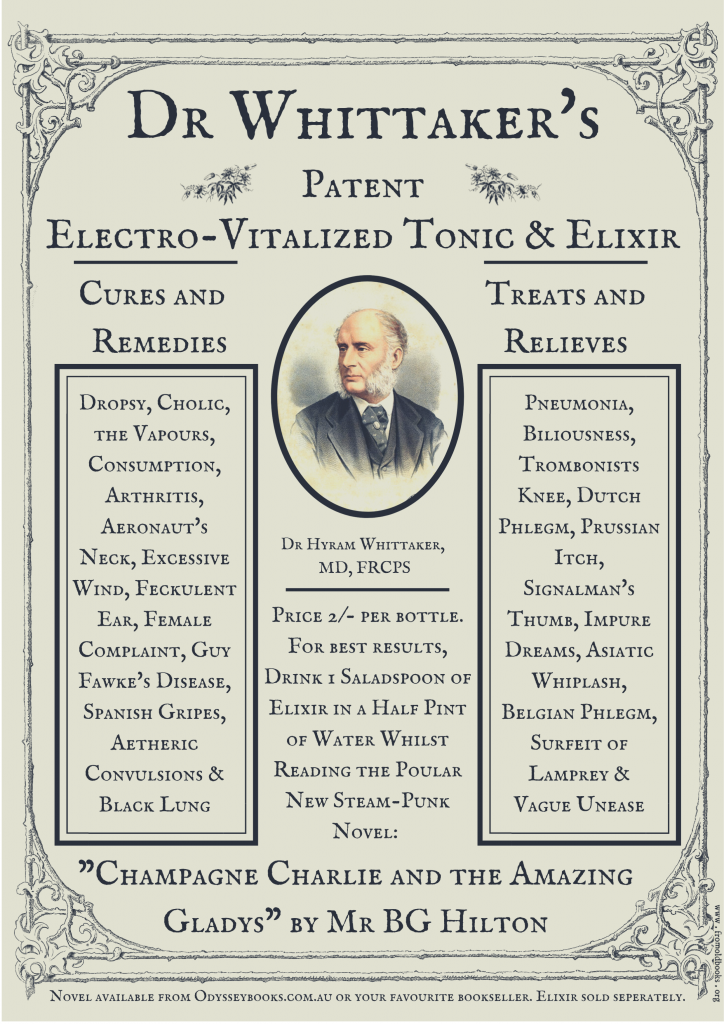
Surprisingly, some of these old patent medicines are still around, though they are no longer sold on the basis of their curative properties. Agnostura Bitters, Eno Salts and even Coca Cola were originally sold as patent medicines. Eno Salts remain a medicine by managing expectations — they are now purely sold purely as an antacid, rather than a general cure-all. But even the most zealous Coca Cola marketing person wouldn’t claim that their product is good for you.
The world of my Steampunk novel Champagne Charlie and the Amazing Gladys has it’s own patent medicine – Dr Whittaker’s Patent Electro Vitalised Tonic and Elixir. It probably is patented, I suspect, since the formidable Mrs Whittaker wouldn’t have it otherwise. Being a fantasy novel, this elixir works, and works well. Almost too well, in fact. Perhaps this is why the factory that makes it comes under attack, causing Mrs Whittaker to flee into the sewers? Or perhaps there is more to Dr Whittaker’s invention that meets the eye. Either way, patent medicines form a significant part of the story.
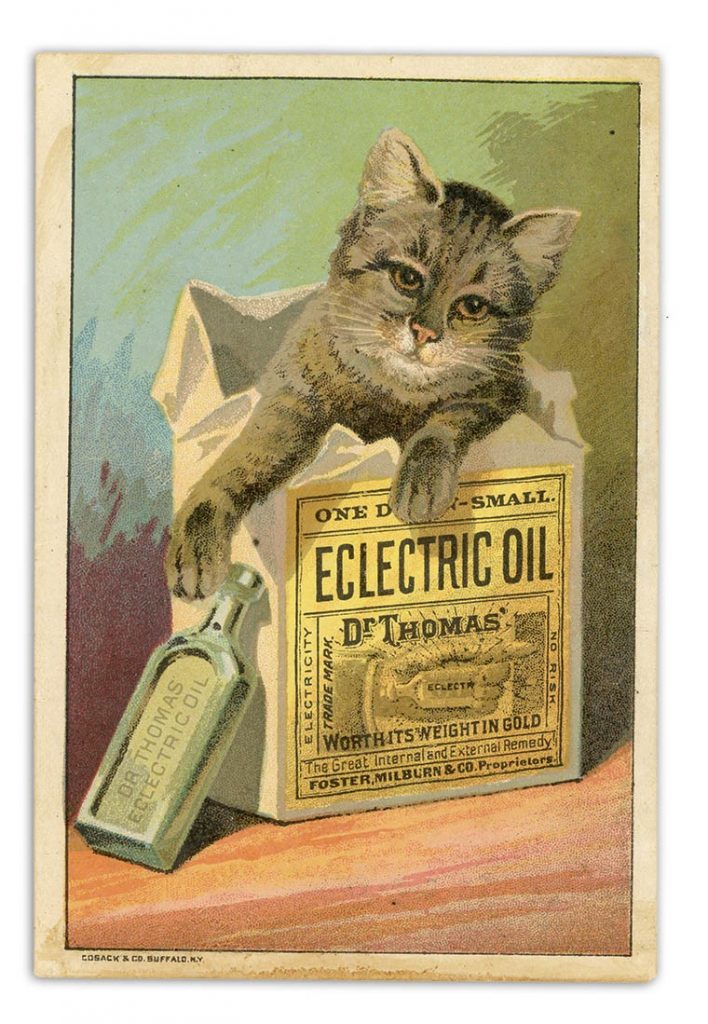
Around the turn of the 20th Century, across multiple countries, government drives–towards improved public health on the one hand and towards greater consumer protection on the other–spelt the end for the patent medicines. Well, they spelt the end for the medicines’ wild claims of curing dozens of different complaints — or of being, technically medicine. A lot of the patent medicines’ modern descendants have simply recategorised as ‘health supplements.’ And health supplements, like the patent medicines of old, are a mixture of substances with genuine pharmacological effects, harmless substances of questionable benefit, and less benign substances.
So, on the one hand, the more things change, the more they stay the same. But try getting out your calliope, practicing your patter and setting up ‘Dr Salmon’s Original Fish Oil and Activated Chlorophyll Show’ and see how far you get.

